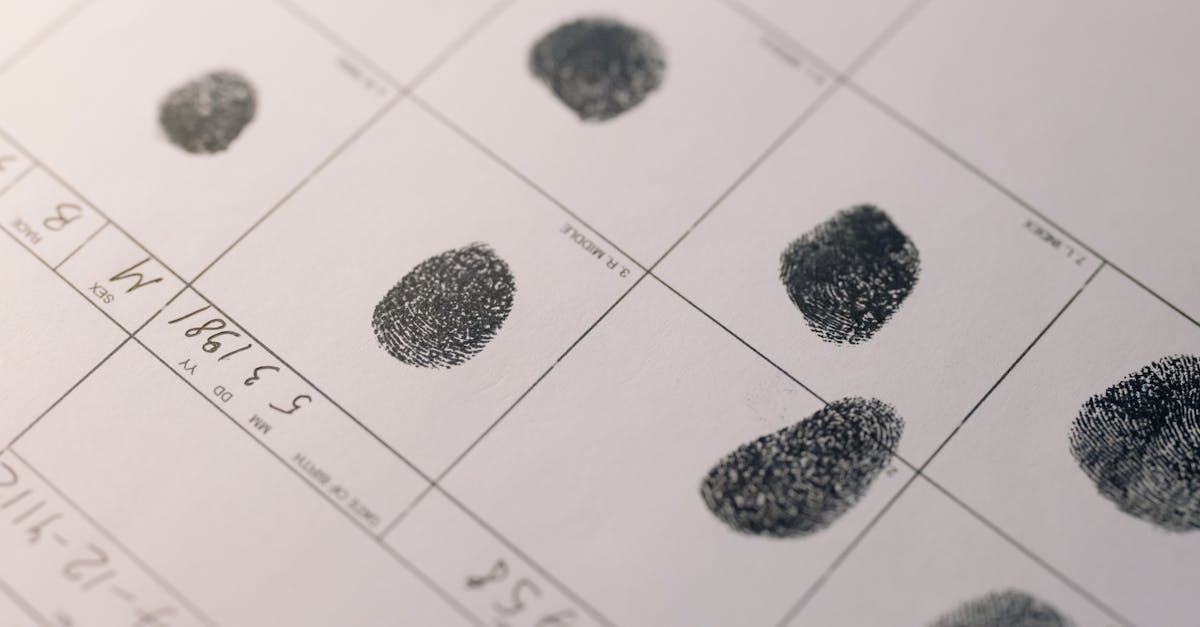Is Decentralized Identity the Future of Healthcare? Find Out Why!
Exploring the Shift to Decentralized Identity in Healthcare
In an evolving digital landscape, healthcare systems are shifting towards decentralized identity (DID) models to heighten security, protect privacy, and enhance efficiency in data exchange.
Digital Environment’s Chronic Conditions
With the progression of healthcare’s digital transformation, prompted by initiatives like Meaningful Use, the industry has not only reaped the digital benefits but also inherited its inherent vulnerabilities, including susceptibility to cyberattacks.
The Underlying Issue: Digital Identity Security

The crux of the cybersecurity dilemma in healthcare lies in the fragility of digital identity. Current systems heavily rely on certificates and centralized authorities for identity verification, creating concentrated hubs that, when compromised, can expose vast quantities of sensitive data.
Decentralized Identity: Breaking the Norms
Distancing from traditional centralized structures, decentralized identity empowers individuals and institutions with self-verification capabilities, circumventing the single point of failure associated with centralized systems.
Technological Foundations and Innovations

The concept of DID rest on a blend of established and emerging technologies, anchored by public and private key infrastructure (PKI) and enhanced by blockchain and Key Event Receipt Infrastructure (KERI), among others, creating robust systems of record without centralized verification.
Transformative Advantages of Decentralized Identity in Healthcare

- Enhanced Security: Transitioning to DID reduces the concentration of sensitive patient data in singular databases, mitigating the scope and appeal for cyberattacks.
- Patient-Directed Privacy: A DID-centric system gives patients the reins over their personal health information, enabling them to selectively disclose their data.
- Greater Interoperability: Distributed identities could facilitate the frictionless exchange of medical information between care providers.
- Reduced Third-Party Reliance: Eliminating intermediaries in identity verification fosters direct trust between patients and providers, crucial for timely and effective healthcare delivery.
When implemented, these improvements could streamline healthcare processes, elevate care quality, and fortify patient trust.
Hurdles in Adopting Decentralized ID for Healthcare
The journey from theoretical framework to practical application of DID involves tackling technological and cultural obstacles. Healthcare systems must align with global standards and manage the complex chore of cryptographic key management, all while maintaining continuity in critical data exchanges.
Incremental Deployment: The Key to Integration
Realizing DID in active healthcare environments necessitates an incremental approach, minimizing disruption without halting the existing data flow which is crucial to patient care.
The Road Ahead for Healthcare’s Digital Identity
The eventual convergence of healthcare data management and DID technologies is not just probable but inevitable. The initiative now lies with stakeholders ranging from tech innovators to healthcare providers to pave the way for this paradigm shift.
Anticipating a Collaborative Ecosystem
The essence of this transition lies in forging a cooperative ecosystem where technology developers, medical professionals, and regulatory bodies work in unison to secure a future where healthcare leverages DID for seamless and secure interactions.
As this series continues, forthcoming discussions will delve further into the strides being made to employ decentralized solutions effectively, addressing the broader challenge of authenticity on the internet.







